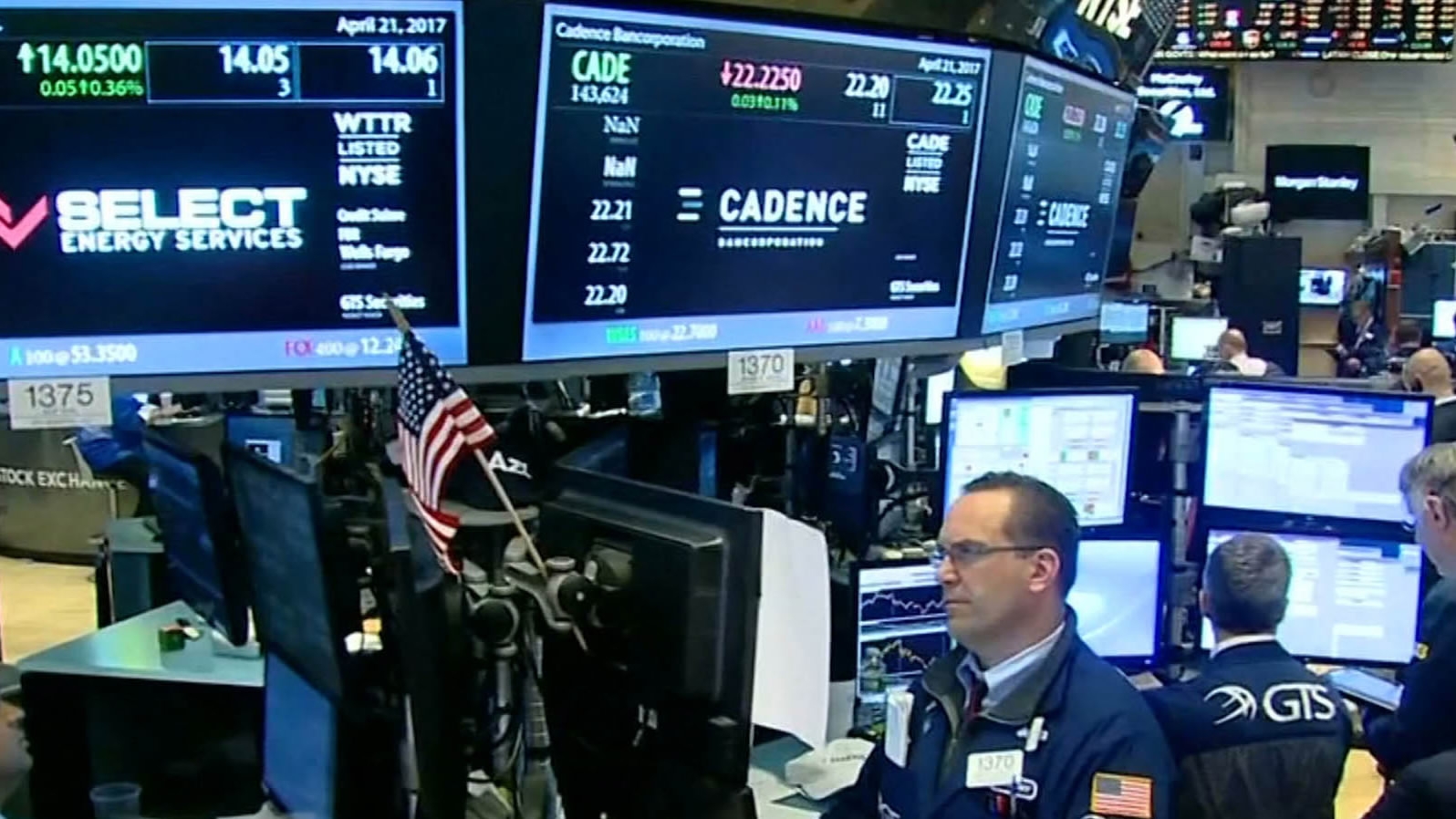
Business
21:29, 23-Aug-2017
As tax debate heats up, Republicans tweak business interest plan
CGTN

Congressional Republicans, seeking to address the complaints of small businesses, are floating changes to their controversial proposal to eliminate business tax deductions for debt interest payments, business lobbyists said on Tuesday.
A top US Republican on tax policy acknowledged that modifications are in the works, but did not provide details.
The debt interest proposal, long seen by Republican policymakers as necessary to help drive economic growth, is backed by large companies with ready access to equity financing that they could substitute for the debt if eliminating the interest deduction made issuing debt too costly. Debt-dependent small business owners, farmers and ranchers don't have that luxury.
As Republicans in Congress and the Trump administration slog ahead with a push to overhaul the US tax code, a key task is figuring out how to resolve conflicting groups' priorities, with business debt interest a clear example.
The tax code has not been overhauled since 1986, partly because reconciling these conflicts can be so difficult.

US Representative Kevin Brady (R-TX), chairman of the House Ways and Means Committee, sits for an interview about upcoming tax legislation proposals with journalists in Washington, US on July 19, 2017. /VCG Photo
US Representative Kevin Brady (R-TX), chairman of the House Ways and Means Committee, sits for an interview about upcoming tax legislation proposals with journalists in Washington, US on July 19, 2017. /VCG Photo
"We've asked businesses large and small to look at that, test drive it and give us back their feedback," House of Representatives tax committee Chairman Kevin Brady said in remarks at an event in Louisville, Kentucky on Tuesday, without offering specifics about the modified proposal.
His staff at the committee had no comment.
Businesses lobbyists said the panel's lawmakers have quietly agreed to focus on exemptions for small businesses, including farmers and ranchers, and an exemption for land.
Lawmakers have also discussed a possible partial elimination of the interest deduction, with an exemption for existing debt, or eliminating the deduction only for businesses deemed to have an excessive amount of debt, according to lobbyists.
Brady is one of the "Big Six" negotiators from Congress and the Trump administration who are guiding the tax reform debate.
At the Louisville event, he described rolling back the business interest deduction as a "trade-off" for another proposal to accelerate expensing, which would allow businesses to write off investments in plants and equipment more quickly.
He said net interest deduction is one of a number of tax breaks that lawmakers are looking to eliminate to help pay for lower business tax rates. Republicans say tax cuts will help drive annual US economic growth above the 3 percent mark.
Independent analysts say that eliminating the interest deduction would raise more than 1 trillion dollars in federal revenues.
Republicans want to cut the corporate income tax rate to 20-25 percent from 35 percent. But they have been hard-pressed to pay for such a cut since jettisoning a border adjusted import tax that would have raised more than 1 trillion dollars.
11159km
Source(s): Reuters

SITEMAP
Copyright © 2018 CGTN. Beijing ICP prepared NO.16065310-3
Copyright © 2018 CGTN. Beijing ICP prepared NO.16065310-3